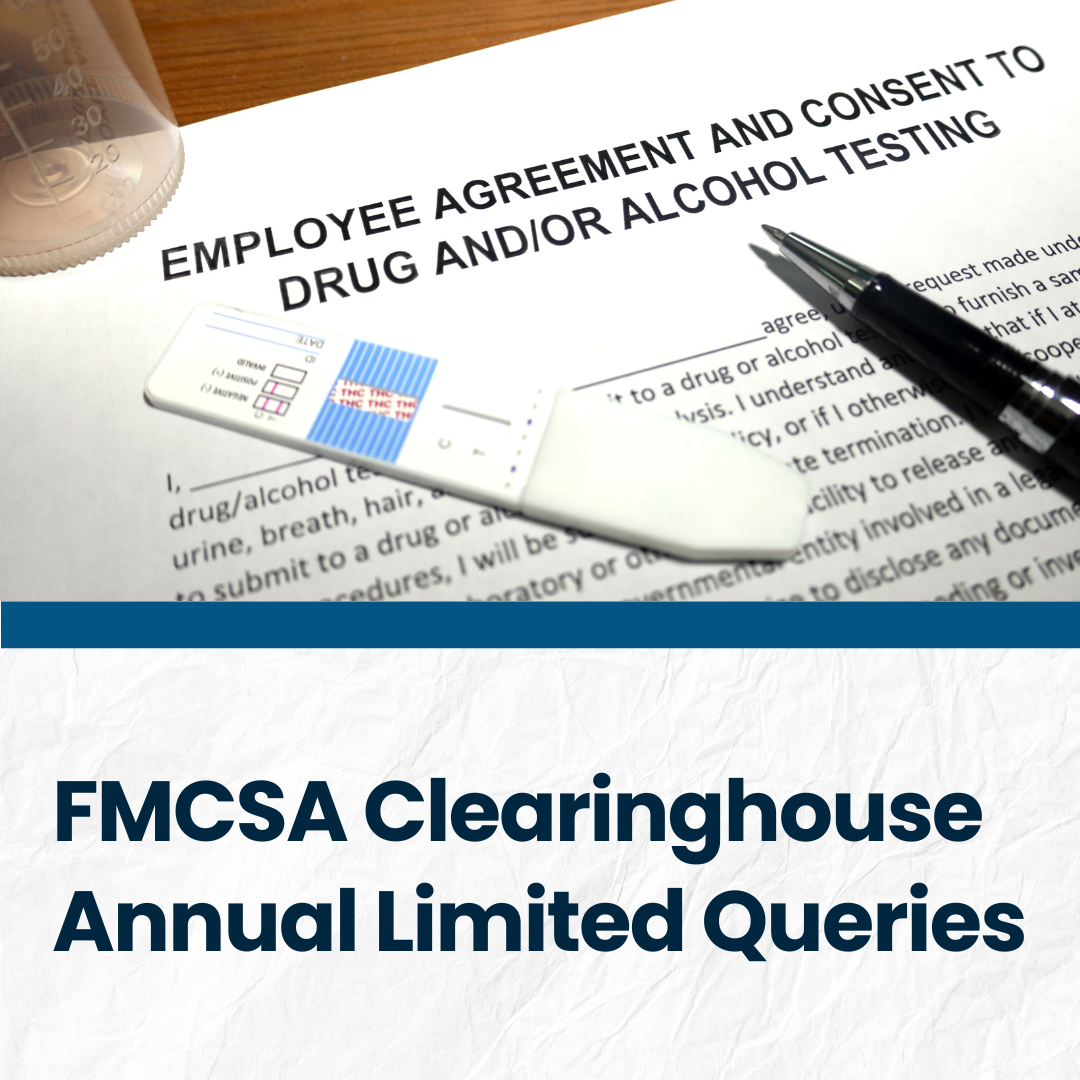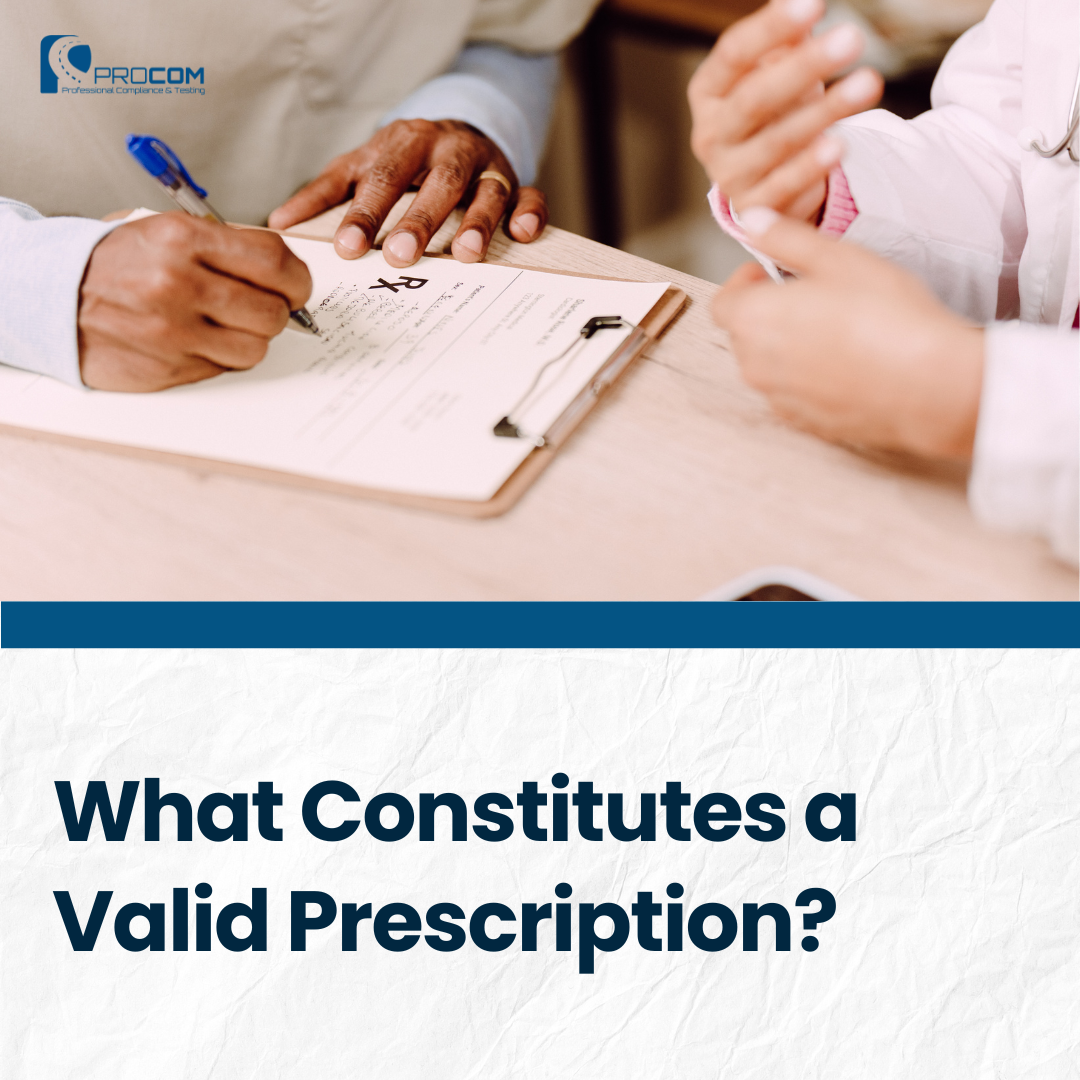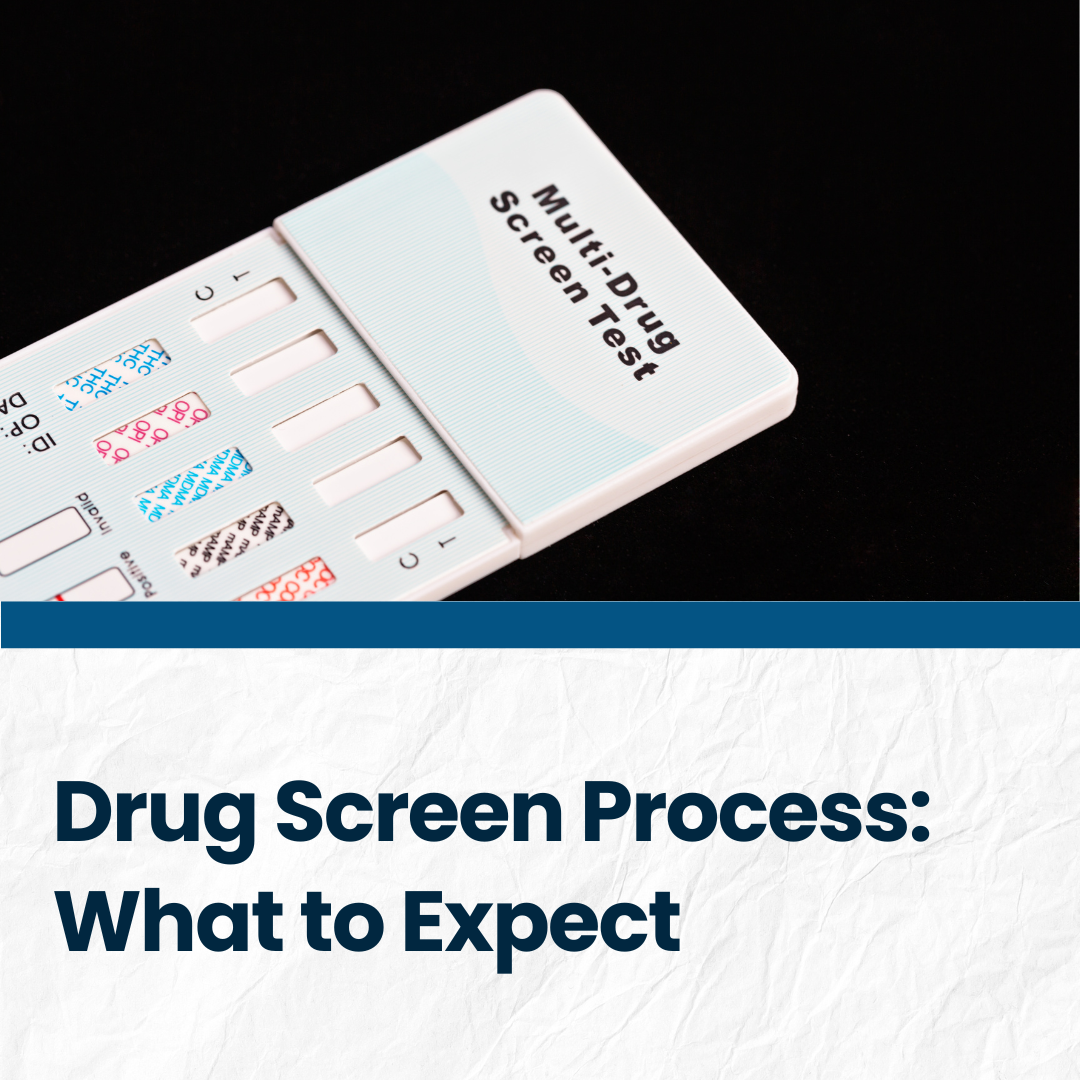In high-risk industries like transportation, construction, and manufacturing, the cost of a delayed or missed drug test can go far beyond lost time—it can mean safety failures, fines, or worse. If you’re operating in Colorado, where labor laws, marijuana legalization, and federal oversight converge, onsite drug testing isn’t just a convenience—it’s a strategic safeguard.
Why It Matters in Colorado’s High-Risk Industries
From Denver’s freight corridors to energy projects in Grand Junction, Colorado is home to industries where safety is non-negotiable. With increasing regulatory pressure and thin labor margins, businesses can’t afford delays or compliance gaps.
Onsite drug testing helps you:
- Respond quickly after accidents or safety violations
- Ensure DOT and non-DOT compliance without clinic delays
- Minimize downtime during pre-employment and random testing
- Protect safety-sensitive roles from impairment-related risk
Procom supports Colorado employers by deploying certified collectors directly to your site—reducing risk without interrupting operations.
When Onsite Testing Makes a Difference
Post-Accident Testing
Timing is everything. A delay in post-accident testing can compromise evidence and increase your exposure in a claim. For example, a contractor in Pueblo working under a federal contract must complete post-accident drug testing within specific timelines or risk OSHA reporting violations. Onsite testing ensures:
- Testing happens within required federal and state windows
- Workers remain on-site under supervision
- Documentation is completed on time and correctly
Pre-Employment Screening
Hiring delays cost time and money. In industries like construction or distribution, new hires need to be cleared quickly to meet project timelines. Onsite testing:
- Reduces lag between job offer and job start
- Allows for same-day onboarding of multiple workers
- Prevents scheduling conflicts or clinic backlogs
Random and Follow-Up Testing
Random testing is required under DOT regulations and must occur unpredictably. Onsite testing makes it easier to:
- Test larger groups without disrupting production
- Maintain testing integrity by limiting communication among staff
- Ensure compliance during early shifts or after-hours operations
According to OSHA, high-functioning safety programs—including drug testing—are essential in industries where hazards are unpredictable and exposure can be catastrophic.
Why Onsite Testing Supports Safer Job Sites
Beyond compliance, onsite testing contributes to a stronger safety culture.
- Normalizes drug testing in daily operations
- Reduces stigma by integrating it into the workplace routine
- Discourages drug use through visible accountability
- Closes gaps where impaired workers might otherwise be missed due to scheduling or travel delays
In high-risk settings like road construction or oil and gas fields, one missed test—or one untested worker—can put an entire team at risk.
Colorado Regulations and Employer Responsibilities
Although recreational marijuana is legal in Colorado, employers can still enforce drug-free workplace policies—and are often required to do so by federal regulations.
Key points:
- State law permits drug testing, but you must apply your policy consistently.
- DOT-regulated roles must follow 49 CFR Part 40, which outlines required test types, timing, and documentation.
- Post-accident testing under state workers’ compensation rules allows employers to reduce wage replacement benefits by up to 50% if a positive test occurs and is not disproven.
To meet these expectations, employers must act quickly—and that’s where mobile onsite testing becomes a critical tool.
For more detail, explore our Colorado compliance overview.
Local Industry Hotspots in Colorado
Procom’s onsite testing supports critical industries throughout the state:
- Denver: Freight, transit, and infrastructure
- Pueblo: Manufacturing and government contracting
- Grand Junction: Energy, oil and gas, and field-based operations
- Glenwood Springs: Utility and construction crews serving the mountain corridor
We understand the logistical and legal pressures Colorado employers face—and we tailor our testing protocols to meet them.
How Procom Supports High-Risk Employers
We don’t just test—we help you operationalize a culture of accountability.
- Rapid onsite deployment across Colorado
- DOT and non-DOT testing options including saliva, urine, and breath alcohol
- Certified collectors who understand chain-of-custody and incident sensitivity
- Policy and compliance support for safety-sensitive industries
Need to run a post-incident test at midnight? Onboarding 15 workers at once? Our onsite testing services are designed to meet those demands head-on.
We’re already trusted by construction companies, logistics providers, and energy contractors statewide. Let us help you build a safer, more responsive testing program.
FAQs on Drug Testing in High-Risk Colorado Industries
Is onsite testing allowed for DOT-regulated roles?
Yes. Onsite testing is permitted and must follow DOT protocols including observed collections, proper chain-of-custody, and documented compliance with 49 CFR Part 40.
What if an employee tests positive for marijuana?
You may act on positive results—even for off-duty use—if your workplace policy prohibits marijuana. This is especially critical in safety-sensitive environments.
How fast can Procom dispatch a team?
In most cases, same-day deployment is available throughout the Front Range and Western Slope. Emergency after-hours response is also supported.
Can I test multiple employees at once?
Absolutely. Onsite testing is ideal for large crews or coordinated screenings like random testing or onboarding waves.
Can Procom test subcontractors or temporary workers onsite?
Yes. We frequently conduct onsite testing for contract and temp workers, especially on construction sites and infrastructure projects.
What kinds of tests can be performed onsite?
We offer urine, saliva, hair and breath alcohol testing onsite. Both instant and lab-confirmed options are available depending on your needs.
How do I prepare my site for mobile testing?
You'll need a private restroom (for urine collection), a clean, quiet area for paperwork, and a supervisor to assist with coordination. We provide a checklist before arrival.
What is included in Procom’s compliance support?
We offer assistance with test scheduling, documentation, supervisor training, policy drafting, audit prep, and reporting—all aligned with federal and Colorado-specific guidelines.
Trusted by Colorado’s Hardest-Working Industries
In Colorado’s high-risk industries, safety comes down to timing, clarity, and follow-through.
Procom gives you the onsite testing advantage—so you stay compliant, responsive, and ready for whatever comes next.
For more context on federally aligned programs, explore these recommended resources:
- SAMHSA – Drug-Free Workplace Toolkit: Guidance for employers on building compliant drug testing policies, including DOT-specific requirements.
- OSHA – Drug-Free Workplace Alliance: A collaborative program focused on preventing substance use in safety- and security-sensitive workplaces.




